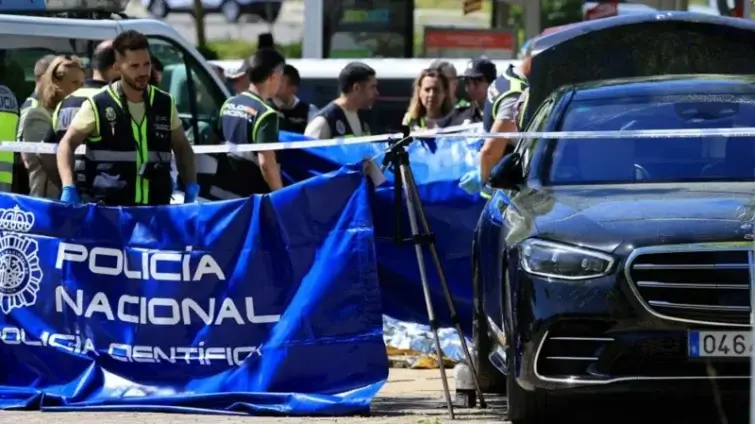In a dramatic escalation of the Israeli-Palestinian conflict, Israel has initiated a military operation in Gaza, codenamed “Operation Gideon’s Chariots.” The stated objective is to dismantle Hamas’s capabilities and secure the release of hostages, a response to heightened tensions and the breakdown of previous ceasefire agreements. The offensive, involving troop mobilization and intensified bombardments, has sparked widespread international concern, with warnings issued about potential violations of international law. The impact of “Operation Gideon’s Chariots” extends beyond military objectives, plunging Gaza into a severe humanitarian crisis.
The operation’s name, invoking biblical imagery of a warrior, reflects the ambitious goals set forth by the Israeli Defense Forces (IDF). According to IDF statements, the objectives of “Operation Gideon’s Chariots” include not only neutralizing Hamas but also establishing control over key territories within Gaza. The IDF also intends to relocate civilians to the southern areas of Gaza and prevent Hamas from controlling the distribution of aid, measures that have intensified scrutiny from international bodies and human rights organizations.
In the initial 24 hours of “Operation Gideon’s Chariots,” the IDF reported striking over 150 targets in Gaza. Hamas-run officials have reported that the death toll has reached approximately 250 since the operation commenced. These figures underscore the intensity of the conflict and the devastating impact on the civilian population. The operation coincides with heightened restrictions on humanitarian aid, exacerbating an already dire situation.
The aid blockade imposed on Gaza in March, following the collapse of a ceasefire, has further compounded the crisis. Former US President Donald Trump has publicly stated concerns that “a lot of people were starving” in Gaza, drawing attention to the critical food shortages and the deteriorating living conditions. This comes as “Operation Gideon’s Chariots” intensifies.
UN Human Rights Chief Volker Türk has issued a stark warning, suggesting that Israel’s actions, including the intensive bombardments, forced displacement of residents, destruction of residential neighborhoods, and the denial of humanitarian assistance, could potentially constitute breaches of international law, possibly amounting to ethnic cleansing. Türk stated that “This latest barrage of bombs…is tantamount to ethnic cleansing.”
The international response has been varied, with US Secretary of State Marco Rubio expressing that the US is “troubled” by the situation, reflecting a cautious diplomatic stance amidst the escalating crisis. The situation on the ground, as described by medical professionals, paints an even more alarming picture.
Victoria Rose, a British reconstructive surgeon working at Nasser hospital in Khan Younis, reported that her team is “exhausted” and has lost weight, highlighting the dire conditions under which medical personnel are operating. Rose also emphasized the severe malnutrition among children, which has led to health complications such as tooth loss and increased susceptibility to infections. “The children are really thin…A lot of them have quite significant burn injuries…” she noted, underscoring the vulnerability of Gaza’s youngest residents.
According to a UN-backed assessment, Gaza’s population is at “critical risk” of famine, a grim indicator of the severity of the humanitarian crisis. Despite these reports, the Israeli government denies claims of a widespread food shortage in Gaza. The ongoing conflict stems from a history of violence, most recently triggered by the October 7th attack.
Israel initiated its military campaign in response to Hamas’s cross-border attack on October 7, 2023, which resulted in approximately 1,200 deaths and the taking of 251 hostages. As of now, Hamas still holds 57 hostages, further complicating the conflict and fueling the impetus behind “Operation Gideon’s Chariots.”
“Operation Gideon’s Chariots” represents a dangerous escalation in the ongoing conflict, with severe repercussions for the civilian population in Gaza. The operation, intended to eliminate Hamas and free hostages, has triggered a humanitarian crisis, drawing condemnation and raising critical questions about compliance with international law. Accounts from medical professionals and UN assessments highlight the risk of famine and widespread suffering, emphasizing the need for de-escalation and humanitarian access. The situation remains volatile, requiring careful monitoring and urgent efforts to address the immediate needs of those impacted by the offensive. The name “Operation Gideon’s Chariots” will likely become synonymous with the suffering endured during this period.
Image Source: MYJOYONLINE






















